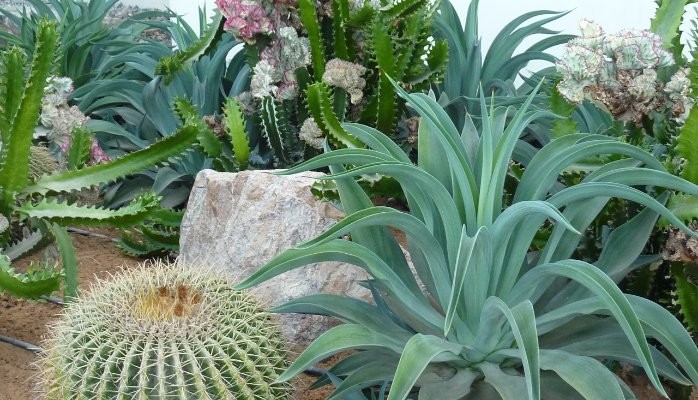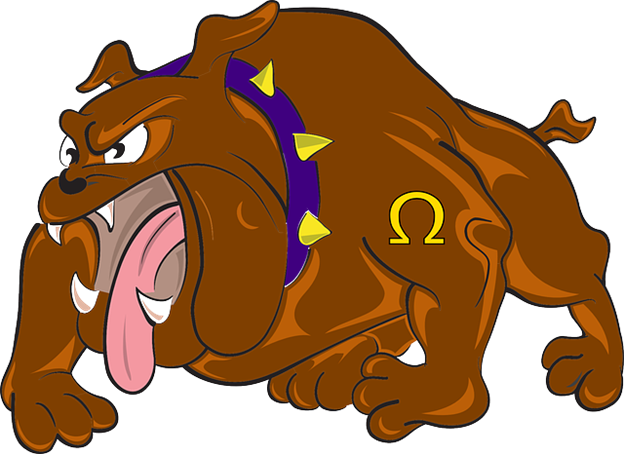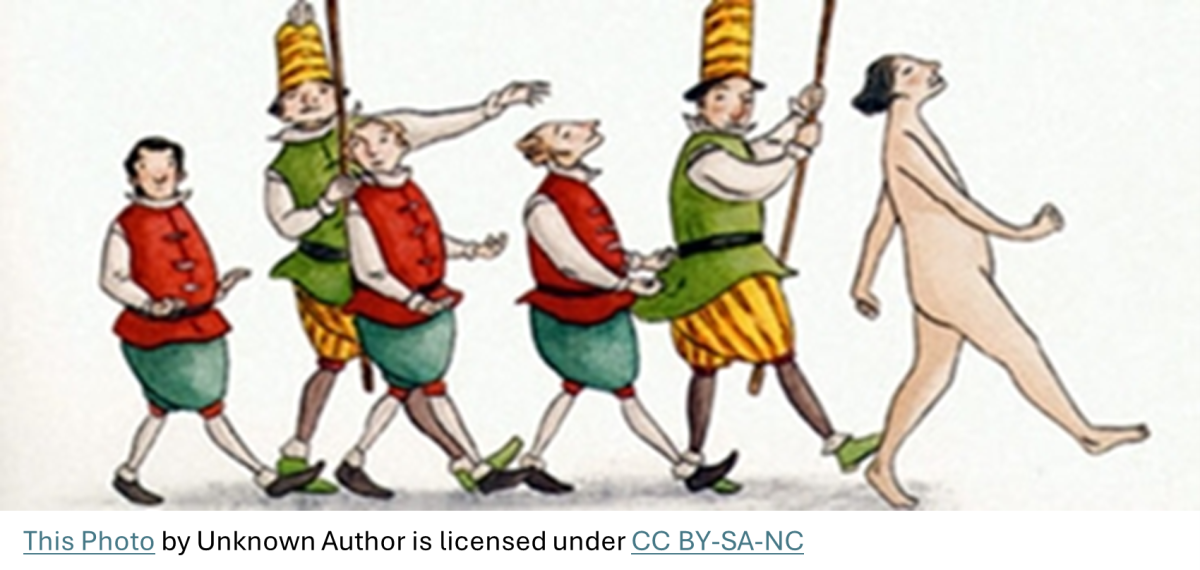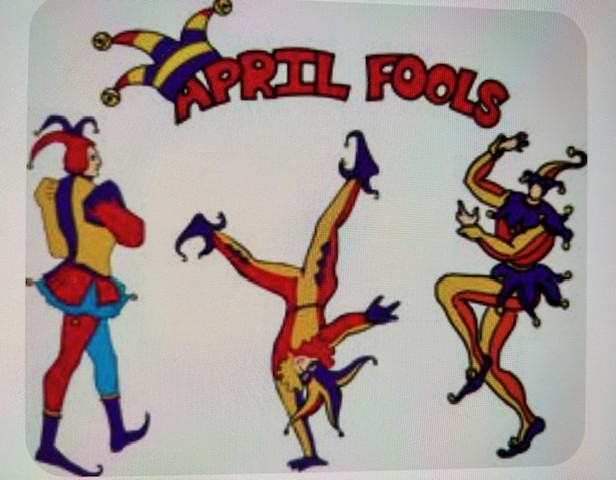“Only when the last tree has been cut down, the last fish been caught, and the last stream poisoned, will we realize we cannot eat money.” Cree Indian Proverb
“To live our lives and miss that great purpose we were designed to accomplish is truly a sin. It is inconceivable that we could be bored in a world with so much wrong to tackle, so much ignorance to reach and so much misery we could alleviate… You may choose to look the other way but you can never say again that you did not know.” William Wilberforce (1759-1833) British politician
Early on a sleepy Sunday morning, a group of armed men surrounded a high-walled, two-story mansion on the outskirts of Mexicali, Baja California, Mexico. On a signal from the group’s leader, they began assaulting the fortress using RPGs to punch holes in the mansion’s outer wall, allowing the pistoleros’ entry. This began a gun battle with the owner’s security force that would last for over two hours, leaving 23 dead and 14 wounded. Neither the members of this assault force, nor the mansion’s owner, were Mexican narcotraffickers. The aggressors were enforcers sent by a new criminal organization called the Mountain Dragons to wipe out their competition in the wildlife trafficking business.
That same morning, the Dragons’ gunmen also attacked two converted tuna boats near the tiny port of Rio Lagartos in the Yucatan Peninsula. Each vessel was carrying over 12 tons of unlawfully taken sea cucumbers, a relative of the starfish and sea urchin. The fishermen on board were forced to disrobe and jump into the sea, resulting in the drowning of at least four. The boarders took control of the vessels and headed for the port of Veracruz where the sea cucumbers were offloaded at night to containers with new documentation showing the contents of the containers as pet food.
Once the load left Veracruz, it would be escorted by an armed convoy to prevent attacks on the containers. Criminal networks along the Yucatan Peninsula were moving into the endangered wildlife trafficking business, and it was getting dangerous. Two months earlier, armed men hijacked 3.5 tons of dehydrated sea cucumbers bound for the Pacific port of Lazaro Cardenas, resulting in seven deaths.
The 12-hour trip by road to the Pacific port of Manzanillo was tense, but ended without incident. The containers were loaded aboard a Chinese cargo ship, the Elaine May, for its journey to the port of Shanghai and its many wildlife markets.
Sea cucumbers are a delicacy in Chinese cuisine, fetching exorbitant prices. Although the Mexican government was unsure about the total remaining sea cucumber population, their fishery biologists were sure of one thing. Soaring demand has driven a contagion of poaching worldwide. When Chinese buyers throw huge sums of money into extracting resources in low- income areas with little regulation, it creates an illegal trade that disrupts both local communities and natural ecosystems.
• • •
The Mountain Dragons’ capo, Alberto Barbarossa, aka the “Totoaba Tzar,” was a Baja California gangster who had worked for the Sinaloa Drug Cartel until he found a more lucrative enterprise, illicit wildlife trafficking. Barbarossa, who managed the Mountain Dragons’ day-to-day operations and controlled the capture, transport and export of endangered species, teamed up with a Chinese-Mexican businessman from Mexacali, Zhenli Ye Chong, who became the Dragon’s CFO. Chong assisted Barbarossa in establishing contact with wildlife traders in the Chinese port city of Shantou. There, illicit wildlife traffickers catered to affluent Asian businessmen who thought nothing of spending $30,000 on a single totoaba swim bladder. One shipment of 200 totoaba swim bladders sold in Hong Kong for $3.6 million. Chong and Barbarossa’s new cartel brought in annual revenues of over $900 million. The totoaba, whose habitat is the upper Gulf of California, is a species of drum that can grow up to seven feet in length and 300 pounds in weight, making it the largest species in the drum family. Individuals may live up to 15 years, but sexual maturity is usually not reached until the fish are six to seven years old. Its bladder is considered a delicacy in Chinese cuisine and it’s erroneously believed by many Chinese to be a treatment for fertility, circulatory, and skin problems. The bladders are also believed to be the ultimate aphrodisiac. At over $100,000 per pound on the Chinese black market, the totoaba’s bladder has earned the name of “cocaine of the sea.”
Chinese demand for certain fish bladders had eviscerated stocks of the giant yellow croaker, which once thrived off China’s coast. If a person is lucky enough to catch one of these rare fish today, it can fetch as much as half a million dollars on the black market.
The methods used by the Mexican fisherman to catch totoaba involve the use of illegal gillnets that sweep up all species. These fishermen do not differentiate between totoaba sizes. When the fish are brought aboard the boats, the bladder, known in China as gold coin fish maw, is removed with a sharp knife and the totoaba is discarded overboard.
Fishermen are supplied with assault rifles resulting in violent confrontations with wildlife agents. In the last clash, four fishermen and a policeman were shot to death. Poachers in the fishing villages of San Felipe and Santa Clara moved the raw fish bladders to Tijuana and Mexicali where Chinese traders managed the drying, packing and smuggling of the fish parts to southern China.
Members of the Chinese mafias operating in Mexicali and Tijuana are funding much of the wildlife trafficking in the region, particularly of the totoaba. Above all else, the Chinese criminal syndicates in Mexico are very generous with their donations to politicians, with over $300 million donated to those running in the national elections. The illegal trade in the swim bladder of the rare totoabas has placed both these fish and the world’s smallest and rarest marine mammal, the vaquita, at risk of extinction. Both species are critically endangered and found only in the Gulf of California. Collateral damage…the vaquita.
There were 100, then there were 60, and then there were 30. And now there are fewer than 15 left in the wild. The Mexican fisher folk use miles-long gillnets to capture the totoaba, but these nets anchored to the sea floor take the lives of many other marine animals in the process, particularly those that can’t breathe underwater. A marine mammal or a sea turtle will drown. The nets are lethal for the vaquita, a rare porpoise that is the world’s smallest marine mammal, which has been driven to the brink of extinction. It’s one of the million species the United Nations recently identified as facing extinction.
As a NOAA scientist observed, “It’s symbolic of what’s happening with our planet. It’s the criminal syndicate joining the Chinese mafia and cartels, and they are attacking planet earth and killing this ocean.” Asian demand has also fueled the practice of “shark finning” in Mexico and Latin America.
Poachers in several countries hunt and kill sharks for their fins, which are used in China and other Asian countries such as Singapore and Taiwan to make shark fin soup. It is estimated that over 43 million sharks were killed in Mexican waters during 2019; China was the destination of around 75 percent of this trade. Shark fin soup, costing as much as $200 per bowl, is a common dish at wedding banquets and celebrations.
The depletion of shark populations in Asian waters pushed the practice of shark finning to Mexican waters. A set of fins from a single shark can earn fishermen $100, with a kilo of fins worth up to $700 in Asia. In May 2024, The U.S. Coast Guard reported the confiscation in the Gulf of Mexico of almost 100,000 illegal shark fins, taken from an estimated 30,000 sharks. After fishermen remove the shark’s fins, the victim is tossed into the sea to die.
Barbarossa and his partner expanded their business to include reptile skins and specialties caught and prepared, especially for their wealthy Asian clients. It seemed that nothing could go wrong, but as the saying goes, “All good things must come to an end.”
The Chinese term, “Baohusan,” a fixer or “protecting umbrella,” refers to a government official who takes bribes from criminals and in turn provides protection to the criminals and their illegal activities.
The Mountain Dragons began to take their Baohusan for granted. They decided after six years of operating without government interference, the money used to pay off the politician could be spent on other enterprises; the capturing and sale of crocodiles, jaguars, pumas, panthers, snakes, turtles and other animals that live in the Western Caribbean. This was a mistake. The enraged fixer, their loyal Baohusan, went directly to the head of the federal prosecutor and spilled his guts.
• • •
Alberto Barbarossa was arrested traveling with two bodyguards on the Mexicali-San Felipe highway two months later by federal police. At the same time, authorities arrested Zhenli Ye Chong and seized $205 million in cash as well as two Rolls Royce convertibles from Chong’s Acapulco home. But the pain wasn’t over yet.
The fixer had informed the authorities of Barbarossa and Chong’s factory, located outside of the border town of Reynosa. The police, accompanied by the DEA, found 1.4 tons of methamphetamine and fentanyl in shipping crates in the factory’s storage rooms. Then another surprise awaited the authorities.
They found hundreds of frogs, toads, caiman and crocodiles waiting to be skinned and blended alive to prepare bottled aphrodisiacs, parrots, dozens of skulls and dried skins of monkeys and other animals, including llama fetuses, anaconda skins, dried bats, Andean condors, deer hoofs and hundreds of other wild animal parts.
At an adjoining warehouse, wildlife officers found more than 27,000 animals subjected to crowded living conditions, poor ventilation, and a lack of food, water, and basic care. More than 400 iguanas, half of them dead, had been left in shipping crates for about two weeks without food or water because of a canceled order. Hundreds of dead animals were discovered during the raid, and more than 6,000 were euthanized afterward because they were too ill to be saved.
In another section of the factory, authorities discovered endangered butterflies, beetles, wasps and spiders worth millions of dollars on the international black market. Also found were more than a dozen threatened mammals like wild boars, white-tailed deer and three tiny puma cubs stuffed into cardboard boxes.
While Mexican authorities worked to identify wildlife trafficking networks operating along the Yucatan coast, investigators discovered that sea cucumber trafficking routes out of their Pacific ports also passed through the United States. In January 2022, a San Diego court charged a Chinese-American with exporting to China more than $3 million worth of illegal seafood smuggled in from Mexico. The shipments included almost a ton of sea cucumbers as well as 958 totoaba swim bladders.
And just when it seemed that it could not get worse, wildlife officers at Mexico City’s Benito Juarez International Airport found 18 tiny endangered monkeys in a girdle a man was wearing. He’d just arrived from Lima, Peru, and officers noted he was behaving “nervously.” After searching him, the officers discovered the monkeys, two of them already dead. They included 15 pygmy marmosets, two black mantle tamarins and a Goeldi’s monkey. The latter is classified as vulnerable by IUCN, meaning it is at risk of global extinction, although all monkey species are listed in the Appendices of the Convention on International Trade in Endangered Species of Wild Fauna and Flora (CITES), which restricts or prohibits their international commercial trade.
The man confessed to having other items in a freight shipment arriving from Guatemala. The authorities searched the shipping boxes and found 4,725 endangered wild plants, 462 parrots and other types of birds and 67 reptiles. Following this subject, U.S. Customs agents arrested a Chinese national with a false U.S. passport who attempted to enter the United States with a suitcase filled with 330 endangered turtles from Madagascar. Just another day at the office.
• • •
“The universe is composed of subjects to be communed with, not objects to be exploited. Everything has its own voice. Thunder and lightening and stars and planets, flowers, birds, animals, trees, ~~ all these have voices, and they constitute a community of existence that is profoundly related… the natural world is the larger sacred community to which we belong. To be alienated from this community is to become destitute in all that makes us human. To damage this community is to diminish our own existence.”
Thomas Berry, CP (Congregation of the Passion of Jesus Christ) was a Catholic priest, cultural historian, a leading environmental thinker in North America and scholar. Later, as he studied Earth history and evolution, he called himself a “geologian.” He rejected the label “theologian” or “ecotheologian” as too narrow and not descriptive of his cultural studies in history. (1914-2009)













